Beni-Santé : « Après la vaccination de masse lors de la 10e épidémie d’Ebola, la population aurait développé une certaine immunité collective. » (Dr J. Kubuya, DPS N-K)
Après la vaccination de masse lors de la 10e épidémie d’Ebola, la population aurait développé une certaine immunité collective. Ce qui explique les bons résultats lors de cette 13e épidémie en cours. C’est le constat fait le Docteur Janvier Kubuya, directeur de la Division provinciale de la Santé Nord-Kivu. En séjour en ville de Beni, il s’est confié à la presse ce vendredi 12 novembre.

On 30 May 2018 in the Democratic Republic of the Congo, students attending primary School “Vie Nouvelle” in Wangata neighbourhood must wash their hands and then have their temperature screened with a UNICEF-provided infrared thermometer before entering the school, in order to reduce the risk of Ebola Virus Disease (EVD) transmission in Mbandaka, the capital of Equateur Province. Since the start of the EVD outbreak in the country, UNICEF and its partners have reached more than 300,000 people with lifesaving information about how to avoid contracting the deadline virus.
Following the announcement by the Government of the Democratic Republic of the Congo (DRC) on 8 May 2018 of a new Ebola outbreak in Equateur Province, UNICEF has mobilised its teams to help contain the spread of the disease. The outbreak was declared in the Bikoro Health Zone, located more than 100 kilometers south of the provincial capital of Mbandaka. A UNICEF team with two doctors, a specialist in water, sanitation and hygiene as well as a specialist in community communication left today from Mbandaka to assess the extent of the epidemic and begin implementing the response, alongside the Government and the World Health Organization (WHO). This is the ninth Ebola outbreak in the country since 1976. UNICEF supports the Government in its coordination of the response both from the country’s capital Kinshasa as well as in the affected area. UNICEF has been active in the Equateur Province for many years. Based on its experience in previous Ebola epidemics, UNICEF is focusing its response on communication activities in the communities to protect people from the disease and on water supply, hygiene and sanitation to prevent the spread of the disease. UNICEF has already sent a total of 45 kg of chlorine, five sprays, 50kg of soap and 28,000 water purification tablets to the area, as well as 600 posters and 6,000 leaflets to educate affected communities.
« Si nous comparons la douzième épidémie, celle de février à Butembo. Si nous nous comparons celle-ci à la dixième celle de 2018-2020. En tout cas, nous ne nous trompons pas si nous pouvons affirmer que la vaccination dont nous étions bénéficiaires a produit ses effets. Avec cette vaccination, certainement, nous avons développé une immunité qui certainement limite la propagation de cette maladie », explique Dr Janvier Kubuya.
Hier, avant-hier ou en 2018, au cours d’une période comme celle-ci, il y aurait plus de cas, peut-être beaucoup d’aires ou de zones de santé qui seraient atteintes mais aujourd’hui, nous avons circonscrit l’épidémie dans la ville de Beni au maximum dans trois aires de santé, dit-il fièrement. Il félicite la population de Beni pour l’adhésion massive à la lutte communautaire.
HERVE MUKULU
Share this content:


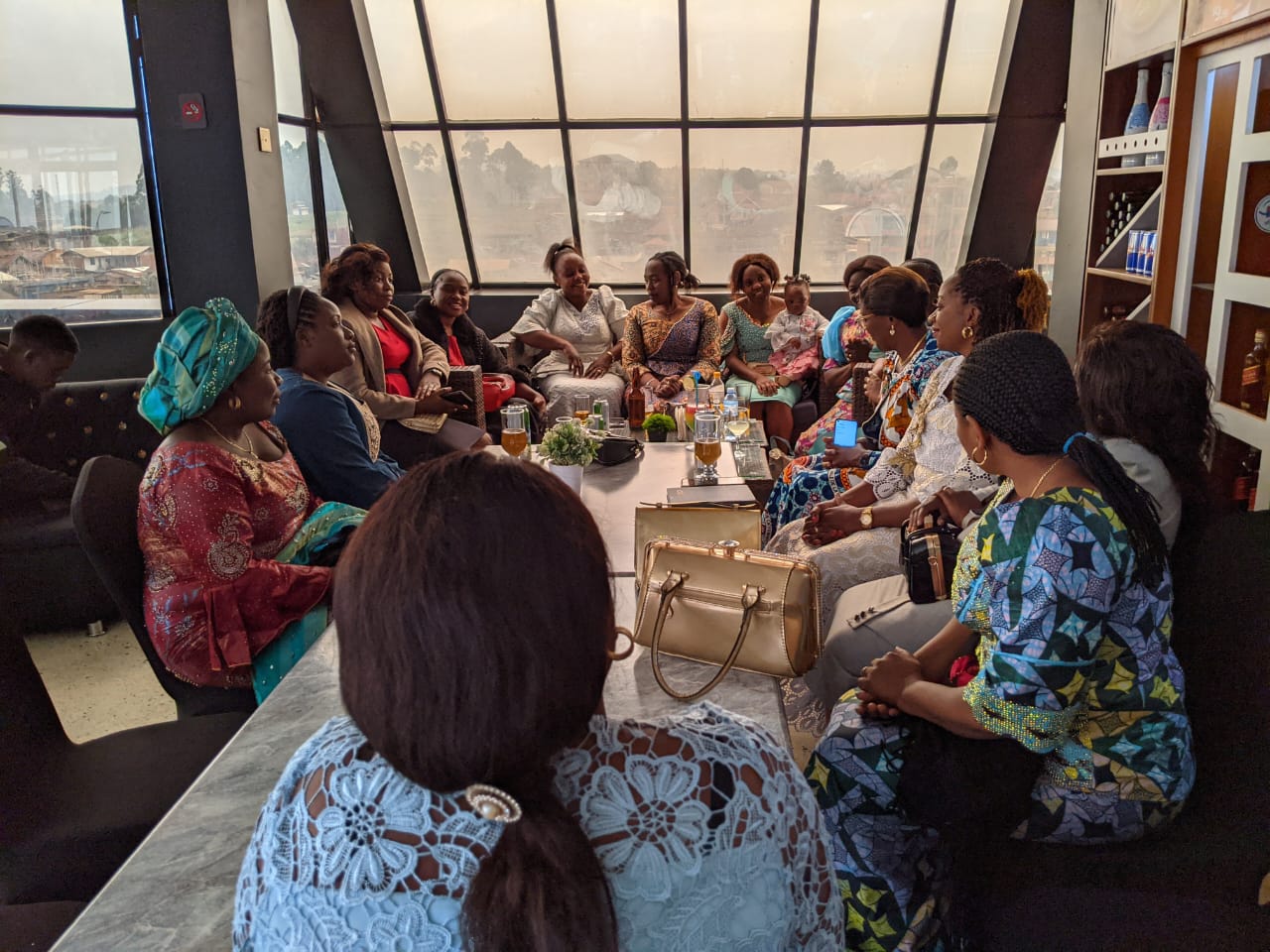
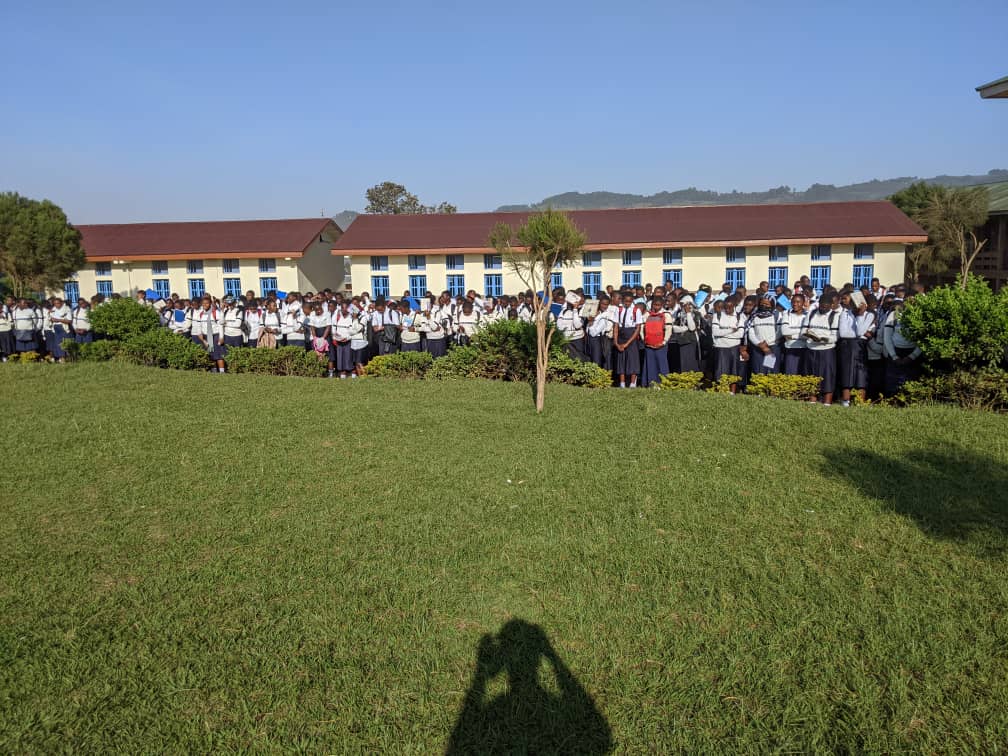
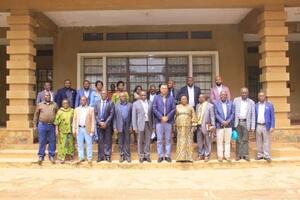
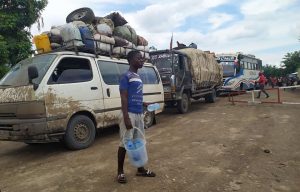
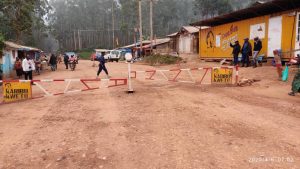
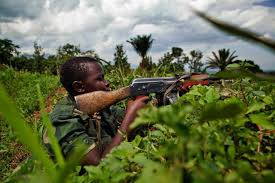
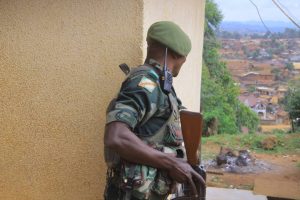
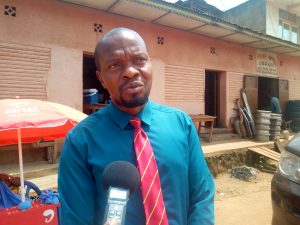

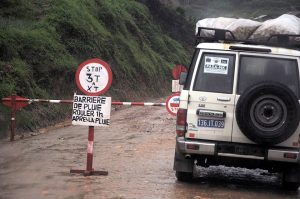
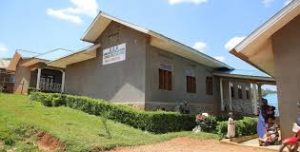
Laisser un commentaire